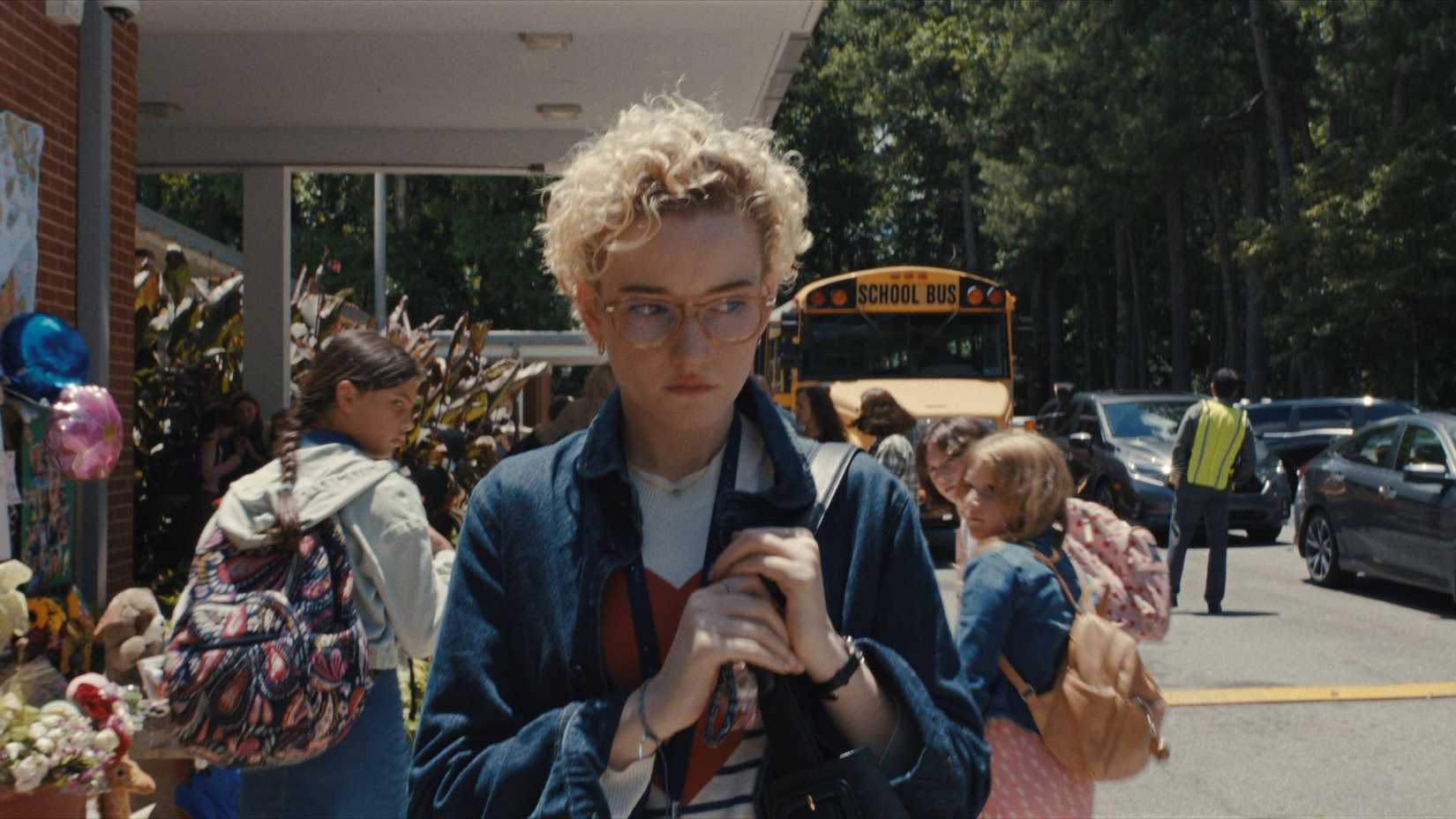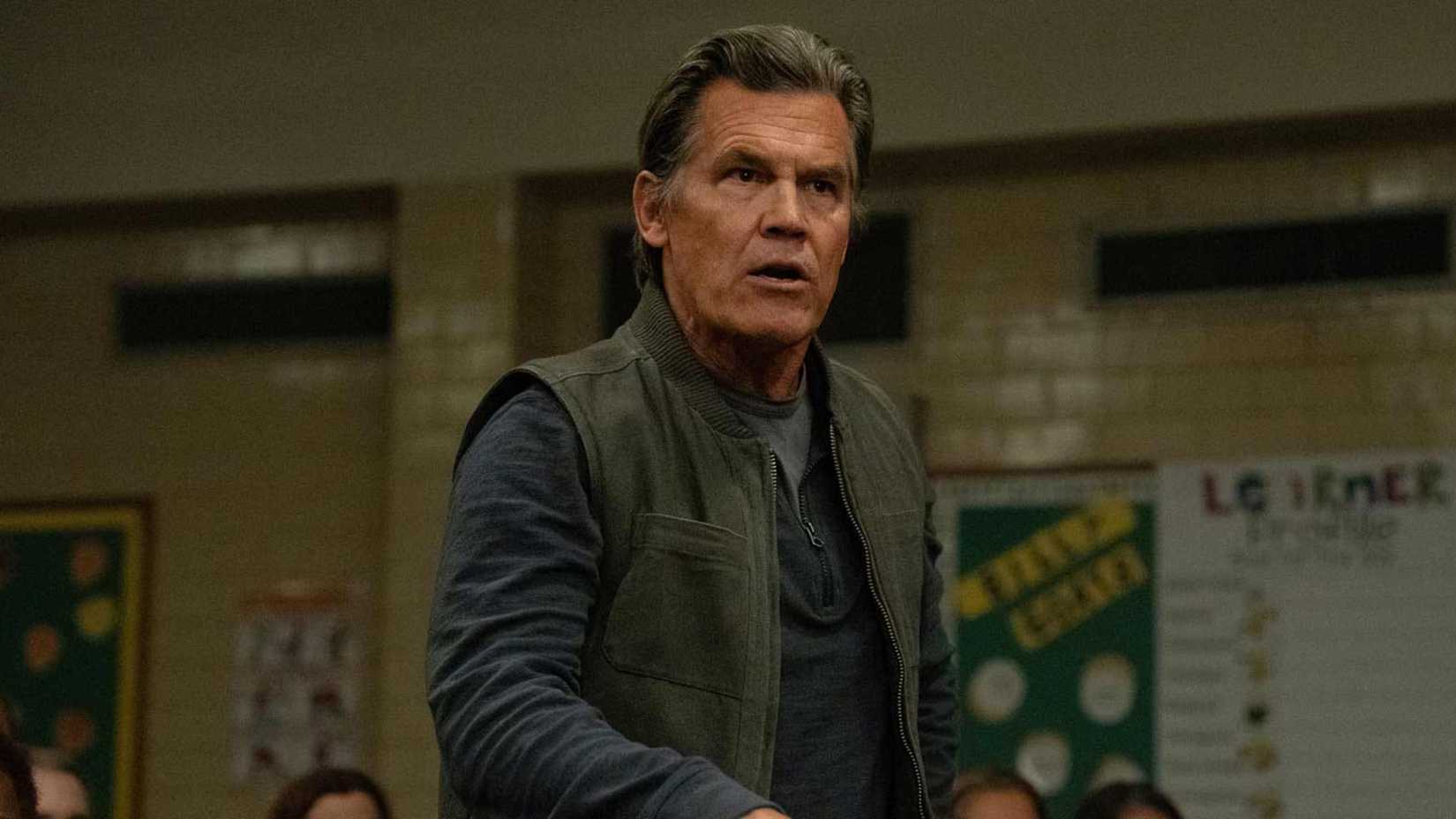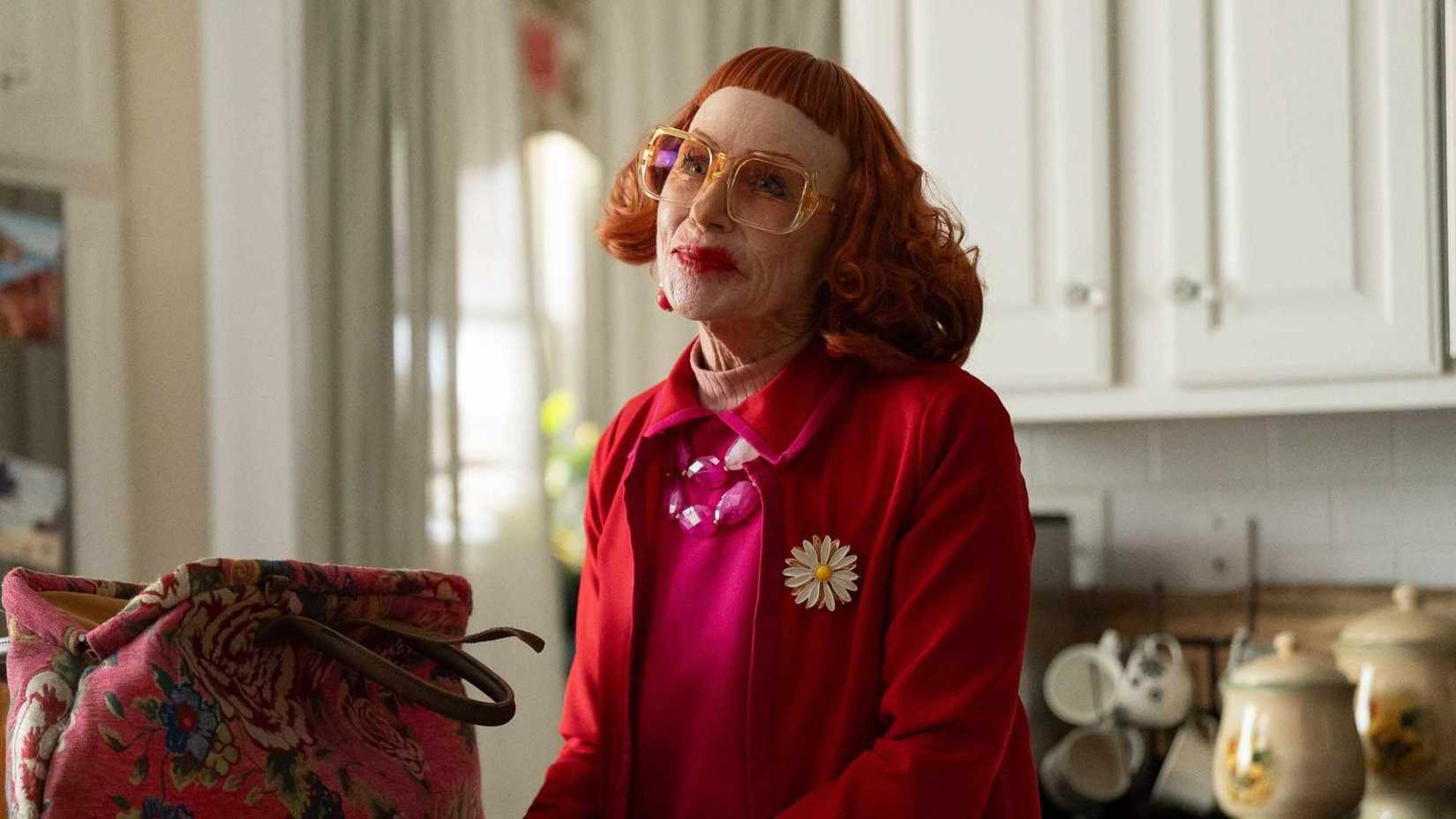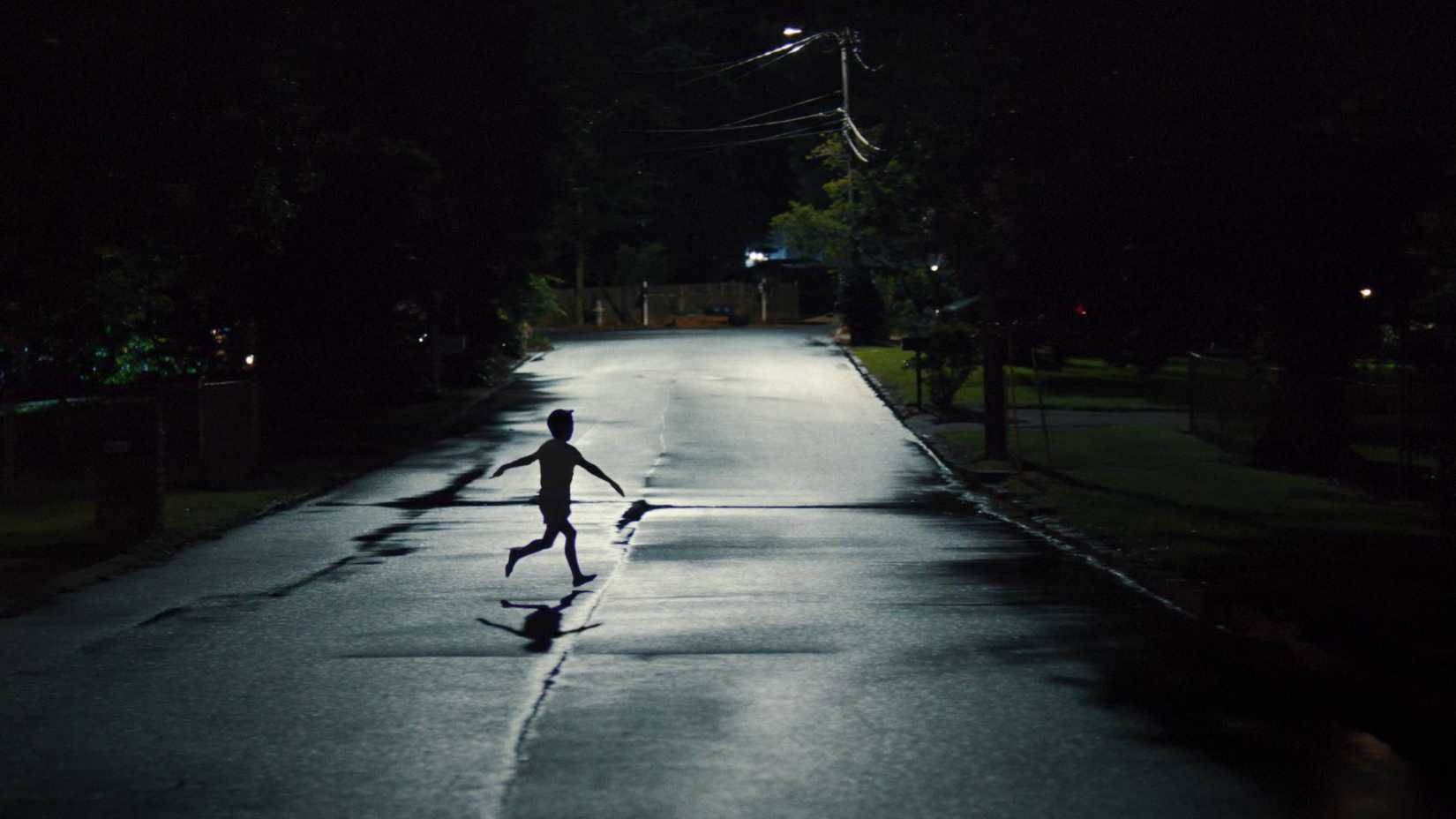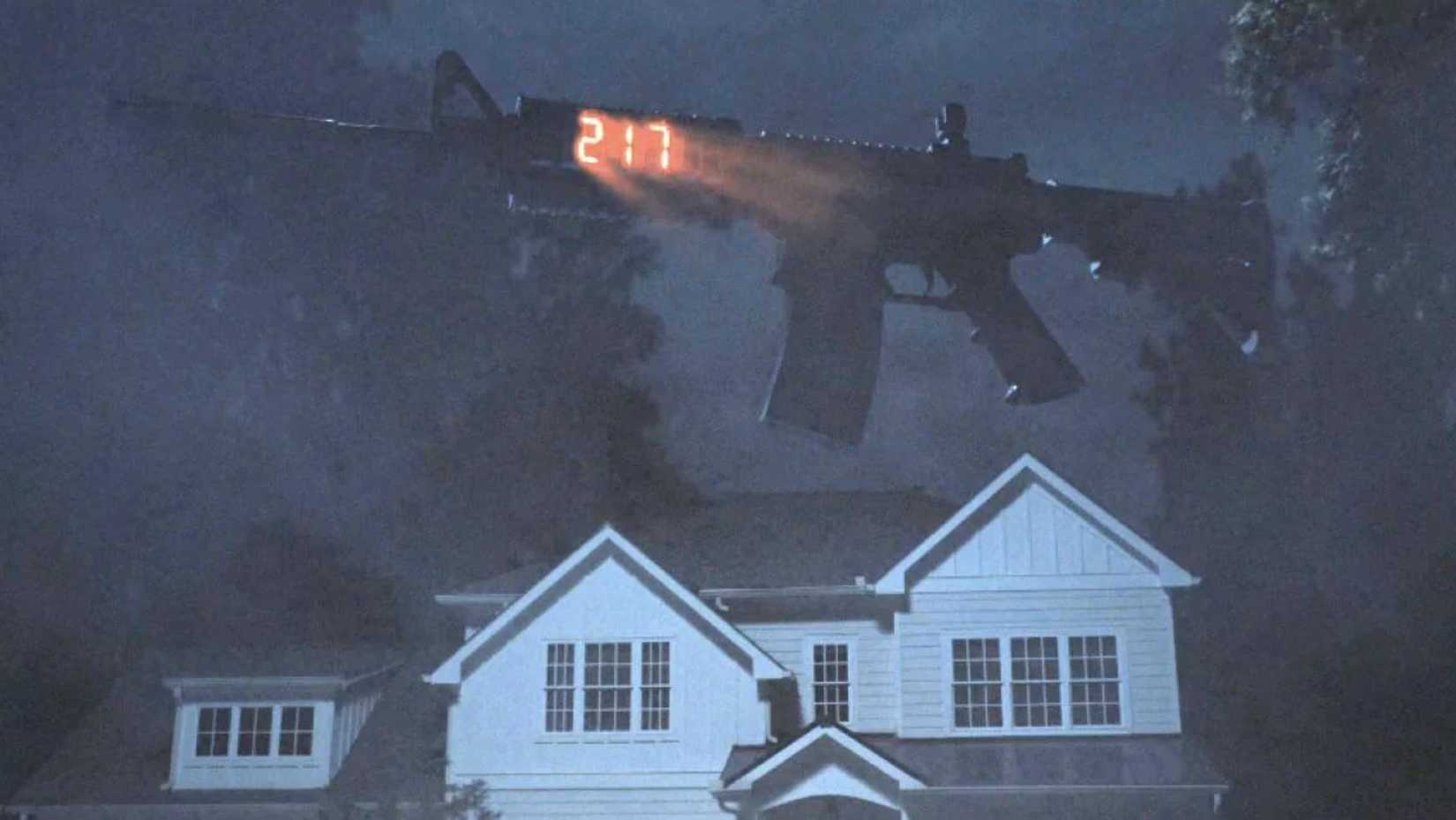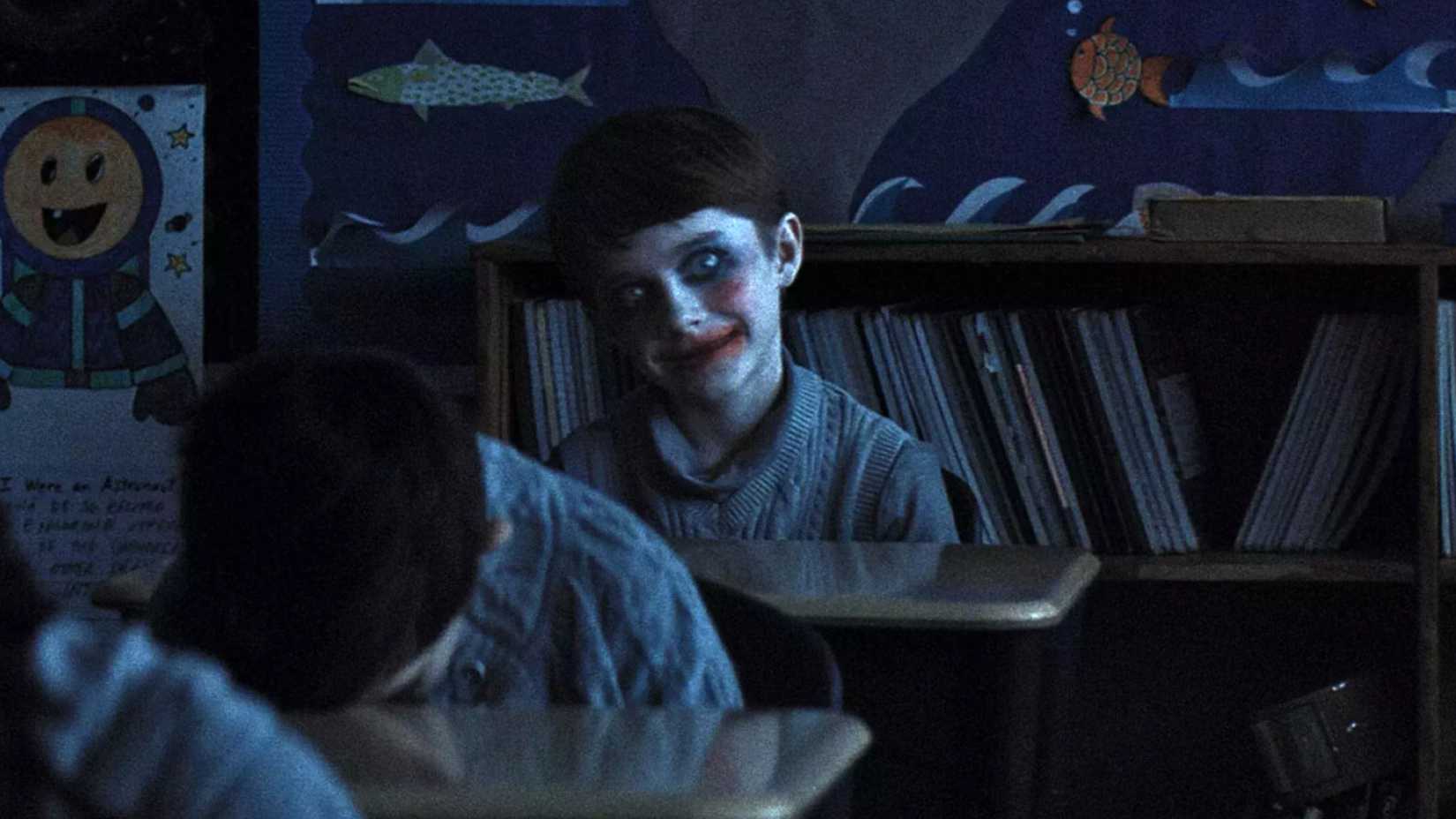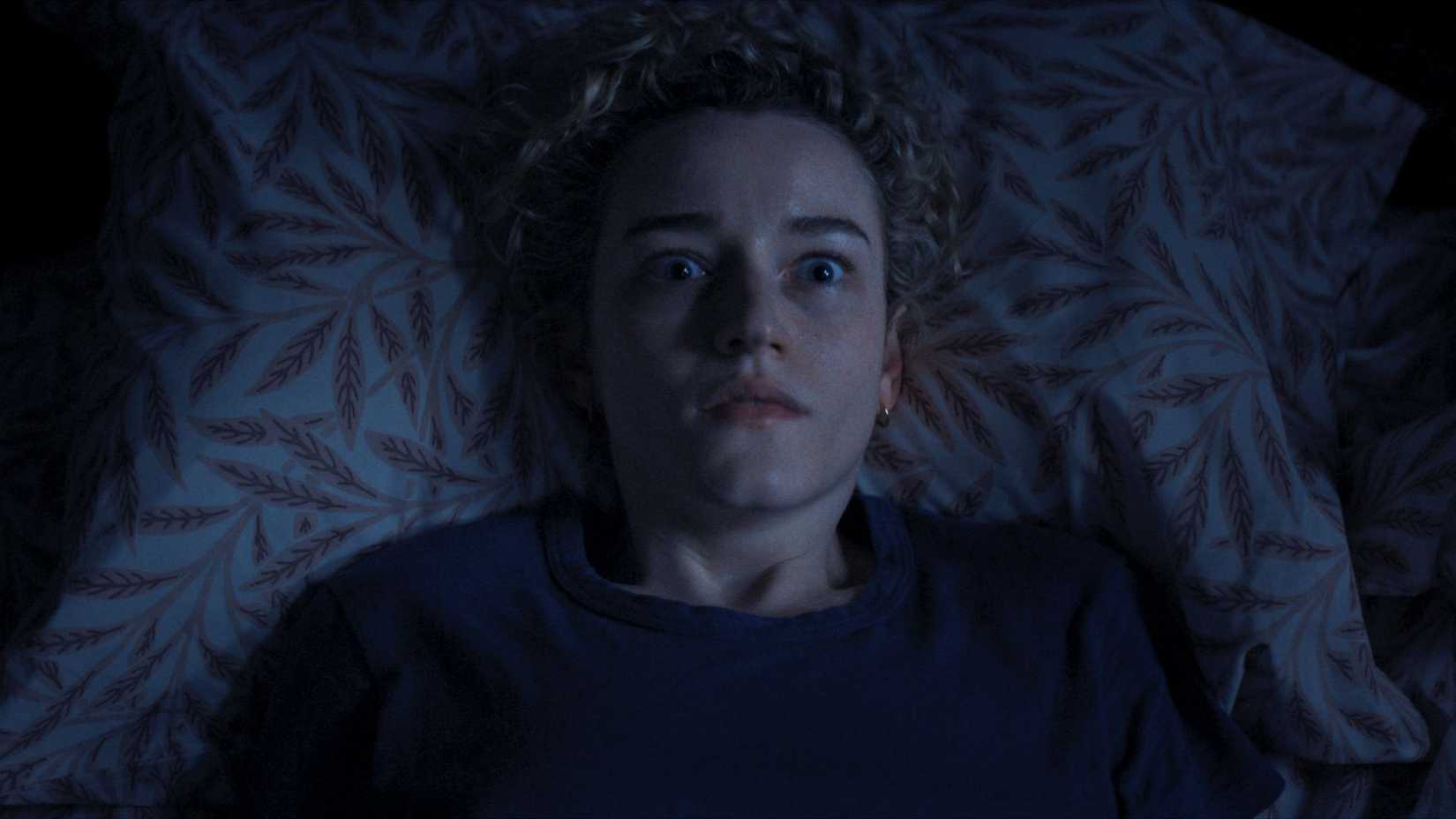Director Zach Cregger’s Weapons was not only a box-office success, but critics and audiences also devoured its never-before-seen, nuanced, and original storytelling. The ambiguous title alone piqued many moviegoers’ interest, luring in die-hard horror fans and newcomers to the genre. It’s a pivotal, innovative film that could reshape modern horror filmmaking. Weapons is a multi-narrative horror story that follows a distraught town one month after the disappearance of 17 children, all from the same classroom, all on the same night, all at 2:17 a.m. Security footage shows the children running out of their houses in the same manner. However, the police, parents, and teachers can’t figure out where they went and why.
For those who missed Weapons in theaters, now is your chance to see it. Weapons began streaming on HBO Max starting October 24, just in time for Halloween. For those who have seen it, you’re probably still racking your brain over all the hidden meanings throughout the film and its layers. With the flood of online theories, chat forums, video breakdowns, and more, fans could easily spend weeks dissecting every detail.
What’s more intriguing — and, for some, confusing — is Cregger’s intentional ambiguity. He has yet to reveal all the idiosyncrasies woven throughout the film, emphasizing that he welcomes viewers’ interpretations — and there are a lot.
‘Weapons’ Is One of the Biggest Hits of 2025
Weapons was created out of a loss for writer-director Cregger. In an interview with Rolling Stone, Cregger describes losing one of his best friends in a tragic accident and how he dealt with his death by putting pen to paper. Thus, the ideation of Weapons began. The story of what audiences saw in the final version is the result of Cregger doing a “blitz of writing” and not knowing where it would end up, but starting with children in a suburban town vanishing.
Shortly after beginning the screenplay, Cregger realized he was channeling a sense of loss, and writing allowed him to process what he was going through. Cregger recounted that he didn’t want to write another horror movie about grief, but he couldn’t help himself. In the end, Cregger told Rolling Stone that if people understood what he was trying to convey, that’d be great, but the real reason he creates is for people to have fun. Thank you, Zach Cregger, for leaking your “diary.”
“I found that as I kept writing, and the more I identified with all of the people I was writing about, the more this became something like an honest diary of my inner s**t. It’s funny, I was talking to Ari Aster about this, and was like, ‘I don’t know about the personal stuff.’ And he was like, ‘The personal stuff is what makes this work. Don’t be ashamed of it!’ Hearing him say that… it’s part of the DNA of Weapons. The town is dealing with a loss. And so was I. It was the biggest direct hit I’d ever taken.”
Each character represents a distinct facet of grief that Cregger was feeling at the time. Cregger went on to explain that he relates to all of them in a different, unique way. The multi-narrative storytelling is also a disorienting, dizzying immersion, allowing audiences to share the confusion all the characters feel and for a sense of unease to slowly seep in. Also, much like the characters, viewers are left putting together the puzzle pieces of the missing children’s mystery, and a non-chronological timeline only exemplifies this. Grief is messy and confusing, so why would a movie about grief be neat and linear?
Cregger also told The Hollywood Reporter that, simply put, he likes telling stories this way:
“One of my favorite books is A Visit from the Goon Squad by Jennifer Egan. It’s a weird episodic thing that kind of jumps perspectives a lot. I was thinking what a fun way to orbit a central mystery, but tell it in this segmented way and let everyone kind of get closer and closer to solving it.”
The Timeline and Character Perspectives in ‘Weapons’
Through a non-linear narrative and six different perspectives, Weapons invites its viewers to unravel the aftermath of the children’s disappearance. Viewers are thrown into an immersive puzzle, similar to the one its characters face. Along the way, we meet Archer Graff, Justine Gandy, Paul Morgan, James, Marcus Miller, and, of course, Alex Lilly, each offering a fragment of the larger story that takes place over eight days.
Gladys Arrives
“Aunt Gladys” arrives in the morning at her niece’s house, where she will be staying with her nephew-in-law and their son, Alex Lilly. Alex, the only child left from his class, immediately feels uneasy at her presence. Alex’s parents explain she’s unwell and that she’ll only be staying with them for a short while. On the way to school that morning, Alex’s dad tells him Gladys’s stay won’t be very long, as she doesn’t look well. His dad then tells him he’ll pick him up after school.
After school, Alex’s dad is nowhere to be found, and Alex eventually walks home. When he arrives, he’s confronted by Gladys, who explains his parents aren’t “doing well” and sends Alex up to his room. The next morning, Alex learns that Gladys is a witch and that his parents are under her spell. He’s instructed to feed them, to keep them alive in a catatonic state, go to school, and tell no one of her existence and what has happened to his parents. Alex does as he’s instructed over the course of a few weeks, until one day he walks in on Gladys, who appears very weak as the energy she’s been siphoning from his parents is wearing off. She tells Alex that to help his parents and be freed of her presence, he’ll need to get an object from each of his classmates. Alex eagerly obliges at the thought of Gladys being gone. The very next day, Alex does as he is told, carefully stealing his classmate’s name tags off their cubbies.
The Night the Children Go Missing
Once the name tags are in Gladys’ possession, she uses them to cast a spell, summoning all the children to Alex’s basement at 2:17 a.m., where she continually drains their energy to sustain herself. The next morning, Justine Gandy, Alex’s teacher, arrives in an empty classroom, only to find Alex solemnly sitting at his desk. Panic ensues throughout the town and the school. The police investigate the two that remain, Justine and Alex, even searching Alex’s home. But Gladys cunningly releases the children from the basement during the police search, posing as Alex’s caretaker while his parents are “sick.”
The Search
Alex’s family is cleared of any suspicion, leaving Justine as the main suspect and the town’s scapegoat. The school hosts a town hall meeting where Justine pleads with helpless parents that she wants to find their children as much as they do. This is when we meet Archer Graff, a gruff, intense father of one of Alex’s classmates, and the school’s principal, Marcus Miller, who ultimately puts Justine on administrative leave. After the meeting concludes, the parents angrily follow Justine to her car.
Justine’s Drunken Affair
After the rather heated town hall meeting, Justine decides to blow off steam and gets drunk with an old fling, police officer Paul Morgan. The two discuss the case, but it leads nowhere, and Justine is left to investigate on her own. The next day, while Archer is driving to investigate on his own, he sees Justine pumping gas. He pulls over to confront her, but a rabid-looking Marcus Miller barrels at them, trying to kill Justine. It’s revealed that earlier that day, Gladys visited Marcus’ house after a strange meeting with her at the school, during which she stated Alex’s parents had a “touch of consumption.” She ultimately casts the same spell on him that she used on the children and directs him to kill Justine.
Meanwhile, at the gas station, Archer distracts Marcus long enough, allowing Justine to flee from the gas station in her car, but Marcus follows her on foot. He is eventually hit and killed by another driver. Though this is all Archer needed to witness to know Justine is not a suspect in the case of his son’s disappearance. The two then work together to find answers, drawing a map that leads to Alex’s house.
As these events unfold, Paul Morgan is working a shift and sees James, a local drug addict, trying to break into a building. One thing leads to another, and Paul and James get into it, and Paul gets stuck with one of James’ needles. Furious, Paul punches James and tells him to forget the whole thing ever happened and to by no means go anywhere near the police station. James then meanders off and breaks into none other than Alex’s house.
The Discovery
While James is in Alex’s house, simultaneously, Gladys is presumably at the school with Marcus or at Marcus’ house, so James is all alone. But, he stumbles upon the 17 children in the basement and Alex’s zombie-like parents. When he flees, he sees a sign for a $50,000 reward for any information on the missing children. He goes to the police station — the one place Paul told James not to go. A chase ensues after James, led by an angry Paul, but once he catches up, James tells Paul everything. The two of them go to Alex’s house to confirm James’s story, but this time James isn’t so lucky, and Gladys is back.
The Ending
At this point, all of our characters’ timelines begin to converge, with Paul and James already being under Gladys’s spell at Alex’s household, and Justine and Archer on their way. When they arrive, they notice the door propped open, and they head inside. Gladys has Paul and James attack Justine and Archer, but Gladys proves unlucky as Archer and Justine actually kill both James and Paul. Concurrently, Alex steps over a line of salt that Gladys told him not to step over, or something very bad would happen.
For once, she was right. Alex’s parents violently start chasing him throughout the house, forcing Alex into a bathroom. However, Alex got his hands on Gladys’s spell tools, and he performed the same ritual he’d watched Gladys do for weeks. In a loud rumble, all 17 kids viciously emerge from the basement chasing after Gladys. In an amazingly brutal scene, the kids catch up to her and start literally ripping her apart. The death of Gladys frees everyone from her spell.
The Triangle Symbol and Gladys’ Bell
While Cregger hasn’t specified exactly what the triangle symbol means, many online theories point to the witch of it all. In witchcraft, a triangle can symbolize the three ingredients needed for a spell. In this case, the mystic tree, the target, and the children’s hair. It also appears on Gladys’ bell, serving as a personal emblem. Online sleuths have also pieced together that it may be a symbol for alcohol addiction, and a triangle is the logo for the 12-step recovery group, Alcoholics Anonymous. Cregger opened up about his alcohol addiction, explaining that it’s depicted in certain characters, such as Justine, and through the spell that’s put on Alex’s parents:
“The final chapter of this movie with Alex and the parents, that’s autobiographical. I’m an alcoholic. I’m sober 10 years; my father died of cirrhosis. Living in a house with an alcoholic parent, the inversion of the family dynamic that happens. The idea that this foreign entity comes into your home, and it changes your parent, and you have to deal with this new behavioral pattern that you don’t understand and don’t have the equipment to deal with.”
The Significance of 2:17 in ‘Weapons’
The time 2:17 is shown throughout the film, so there must be a deeper meaning to this allusive number, right? Right. Let’s go with that. In all seriousness, 217 has many different meanings to fans. Cregger has revealed that Stanley Kubrick’s 1980 film The Shining was a massive influence on his work. And, 217 is the room number in the novel where Danny stays, and it’s also the room number Stephen King stayed in at the Stanley Hotel. However, Kubrick changed the number to 237 for the movie adaptation. Cregger himself told Far Out Magazine:
“2:17 has to have come from that. It has to. And look: I’m a Kubrick guy when it comes to The Shining; I definitely worship that movie, and I thought of changing it to 2:37. But then I was like, ‘You know what? My first impulse has got to be the one I stick with.’ So I kept 2:17.
However, early on, with a title like Weapons, and the premise of an entire classroom of children missing, viewers thought the entirety of the movie was a metaphor for gun violence and, more specifically, school shootings. 217 is used in some states as a police radio code to signify “assault with intent to murder.” 217 is also connected to the number of winning votes in 2022’s House of Representatives ban on assault rifles.
Cregger disputed the notion that Weapons takes a political stance, but as previously mentioned, he’s encouraged viewers to interpret their own meanings, as that’s the beauty of films. In that light, fans have also speculated that the number could symbolize the two who weren’t missing, the teacher Justine, and one student, Alex, and the 17 kids who were.
The Floating Gun in ‘Weapons’
There’s no formal explanation for why Josh Brolin’s character, Archer, sees a floating gun above his house in a dream sequence. Nevertheless, online theories have speculated that the AR-15 that floats above his house is another reference to school shootings. The number 217 is seen again, on the gun, and again, audiences have thought that this may be related to a 2022 bill that would have banned assault rifles, the exact type of gun pictured in the film. The bill passed the House with 217 votes, but did not pass the Senate.
What Does the Title, ‘Weapons,’ Really Mean?
This revelation is unexpected. The title, Weapons, is an homage to the film’s theme of grief and all the characters weaponizing something for their own personal gain in their journeys. Gladys, for example, weaponized the entire community — creating a mass disturbance in which grief was spread to all, causing a domino effect of those affected by weaponizing their own grief. After all, weapons can leave a trail of mass destruction.
The Ending Is What You See and What You Get
For all its symbolism and ambiguity, Weapons ends on a simpler and straightforward note — Gladys gets torn apart by the children she once held captive. After the truly gnarly scene, Weapons concludes with a voice-over, just as it started, though it’s darker than the beginning. The voice-over describes the missing and now found children having speech issues, and Alex’s parents had to be sent to a home, as they were never able to fully recover. This all reveals a town forever traumatized by the events, and maybe that’s all we need to know. Weapons is streaming on HBO Max.
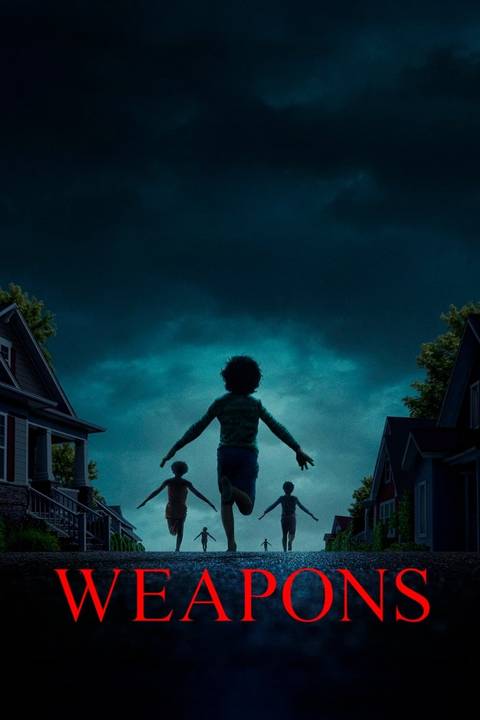
Weapons
- Release Date
-
August 8, 2025
- Runtime
-
128 minutes

